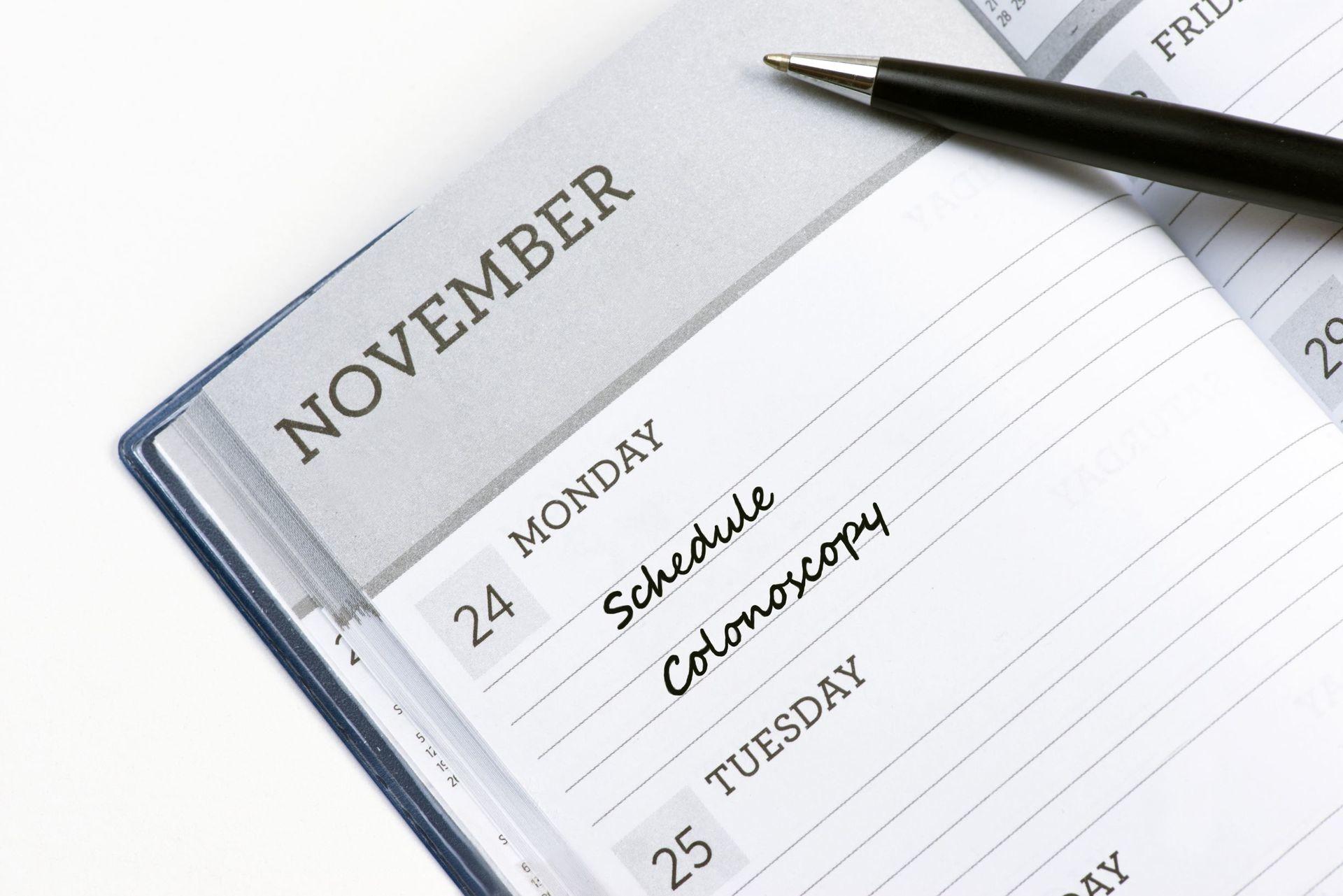Perhaps you’ve heard the statistics. There are 100,000 new cases of colon cancer each year in the United States, plus 50,000 yearly cases of rectal cancer. The death toll for colorectal cancer is about 50,000 a year, all for a cancer that is often preventable with proper screening.
How Colon Cancer Screening Works
Most colon cancers start out as polyps, or small growths on the inside of the colon. About 30% of humans have polyps by the time they reach the age of 45 or 50. They can become cancerous, and the likelihood of that happening increases with age. However, polyps can be removed during a screening colonoscopy.
Colonoscopies are the gold standard when it comes to colon cancer screening. No other procedure allows doctors to see the whole colon and rectum, take biopsies, and remove polyps. The entire process can be an outpatient procedure, with minimum risk and discomfort.
There are other screening tests for colon cancer, like testing for blood in the stool. It is less reliable than a colonoscopy and has to be repeated more often. And, if you have an abnormal result, you’ll still need a colonoscopy to get a final determination about the health of your colon.
When to Get Colon Cancer Screening
The recommended date for starting colon cancer screening can vary. Because doctors are seeing more cases of colon cancer in people under 50, the U.S. Preventive Services Task Force recently lowered its recommended age of first screening, for people of average risk, to 45.
If you’re at an increased risk for colon or rectal cancer, you’ll need to start screening earlier. You may be at risk if you have:
- A strong family history of colon cancer or pre-cancerous polyps
- Crohn’s disease or another inflammatory bowel disease
- A history of radiation treatment for an earlier abdominal cancer
- A hereditary colorectal cancer syndrome, such as Lynch syndrome
What to Know About Having a Colonoscopy
Most medical procedures can give you a little anxiety, and a colonoscopy is no different. The more you know, the more comfortable you will feel. Be sure to ask your doctor questions ahead of time so that you know what to expect.
Preparing for a colonoscopy. You’ll be on a liquid diet the day before your procedure, and you will have to empty the colon completely before the test.
Having the procedure. A colonoscopy lasts only about half an hour, and you will be lightly sedated. You’relikely to wake feeling rested.
After the procedure. You’ll need someone to drive you home, but there should be very few lingering effects.
Will My Insurance Pay for it?
Before any medical procedure, you should check with your insurance company so that you don’t get surprised. Your colonoscopy should be covered by insurance if it’s appropriate for your age and risk category. If you and your doctor decide on a different screening test or procedure, your insurance may also cover that.
Remember: an abnormal result on a different test means that you will need a colonoscopy. At that point, your insurance company could consider it a diagnostic procedure rather than a screening test, and it may be covered differently.
Nevada Surgery & Cancer Center (NVSCC)
One quarter of Americans aren’t getting screened for colon cancer at the appropriate time. That’s a group you don’t want to join. You need good advice about when to get colon cancer screening. At Nevada Surgery & Cancer Center, you can learn more about your risk of colon cancer and get all the expert guidance and care you need.

